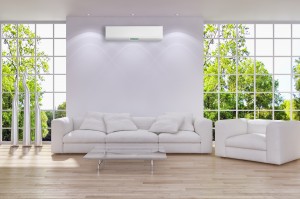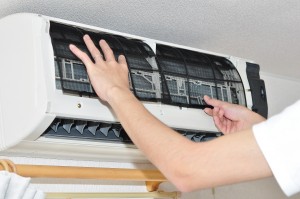The Brisbane summer climate can become unbearable for many. Temperatures regularly reach above 35 degrees, and humidity causes almost non-stop sweating. Clothes stick to bodies, and even sitting still becomes unbearable. Air conditioning isn’t only a luxury, it’s a necessity. Many homes are served by split or multi-split systems, though ducted air conditioning is often the better solution.
The quiet way to stay cool
Ducted air conditioning pumps air around a home or office through ducts which are housed in either ceiling or floor cavities. Because the heavy duty equipment (fans and compressors) is placed elsewhere, a ducted air conditioner is quieter than a spilt system. But the advantages of a ducted air conditioning Brisbane system, don’t stop there.
Four benefits of ducted air conditioning in Brisbane
When using a ducted air conditioner, you’ll find you and your home benefit in several ways including these four:
- A room is heated and cooled more quickly with ducted air conditioning, and ambient temperatures are more consistent with no hot spots (not even in front of windows)
- Multiple vents allow better air control, and vents can be flush mounted for a more aesthetic look
- As there is usually only one compressor, a ducted air conditioner is often more energy efficient. This is especially so when several rooms are needed to be cooled simultaneously
- With temperatures controlled from a single point, all rooms can be kept at the same temperature and humidity
Getting the best from your Brisbane ducted air conditioning system
As with all air conditioning systems, a ducted air conditioner works best if kept in perfect working order. At a minimum, you should ensure efficiency by making sure that air filters are clean and all electrical contacts and switches are working properly. Ducts and units should be kept clear of debris, and fixtures checked for stability.
While some of this work can be done as part of a regular DIY inspection, it is best to have air conditioning regularly serviced by a professional.
Finally, to ensure you benefit from the best air conditioning solution most cost effectively, follow these tips on boosting the effectiveness of your air conditioning system:
- Change filters regularly
- Ensure there are no leaks in your system
- Set your air conditioner to ‘auto’, and increase the temperature on your thermostat by a degree or two
- Turn your lights off when not in a room
- Close curtains to keep the sunlight out of your home
The Brisbane summer heat can be debilitating if you let it, but doesn’t have to be. Ducted air conditioning Brisbane enables you to live life comfortably, and when kept in good condition will do so not only effectively but ef

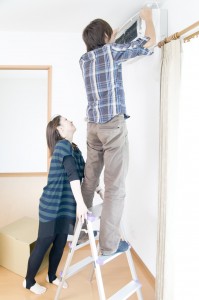
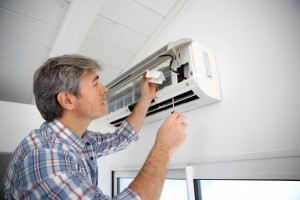
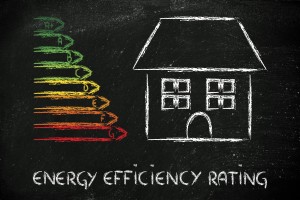 Energy bills never seem to fall, and according to the latest data from the
Energy bills never seem to fall, and according to the latest data from the 
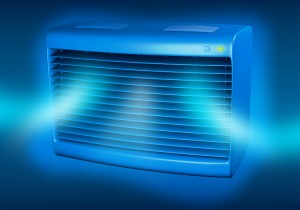 When used effectively, air conditioning not only increases comfort in the home and office all year round, but also saves on energy and reduces utility bills. The many benefits of air conditioning are seen fully by planning ahead, but with so many different types of air conditioning available the choice can be mind boggling. Here are five tips to make the right choice for air conditioning installation and performance for your individual needs.
When used effectively, air conditioning not only increases comfort in the home and office all year round, but also saves on energy and reduces utility bills. The many benefits of air conditioning are seen fully by planning ahead, but with so many different types of air conditioning available the choice can be mind boggling. Here are five tips to make the right choice for air conditioning installation and performance for your individual needs.
